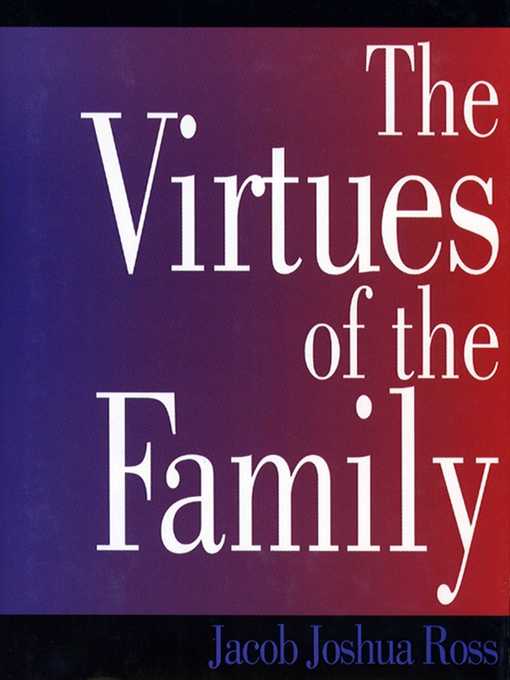- New eBook additions
- Available now
- Most popular
- Try something different
- New kids additions
- New teen additions
- See all
- New audiobook additions
- Available now
- Most popular
- Try something different
- New kids additions
- New teen additions
- See all
- Popular Australian Magazines
- Art & Architecture
- Business & Finance
- Car & Motorcycle
- Celebrity
- Crafts
- Colouring Books
- Entertainment
- Fashion
- Food & Wine
- Home & Garden
- News & Politics
- Men's Lifestyle
- See all

